How can you ensure the companies you buy from are tracing the source of their materials and applying fair employment policies ?
If the word ethical, when applied to jewelry, makes you think of beads and rough handicrafts, then your knowledge needs a reboot. No longer the fodder of school sales and church fundraisers, ethical jewelry is slick, stylish and luxurious.
However, greenwashing is as common in jewelry as it is in every industry. So to make sure the jewels you buy are ethically sound, there are some key questions you can ask that will slash through the best marketing spin.
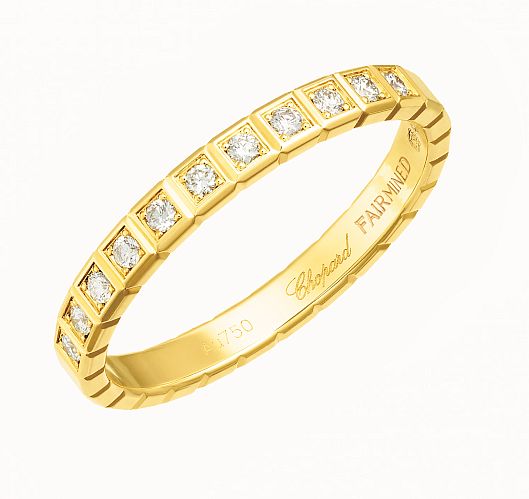
Check the facts
First, start with the materials. Where do the precious metals and gemstones come from? It sounds simple enough, but only jewelers working ethically will have put in the time and effort to trace the sources of their materials. If a jeweler can’t answer you, the chances are that its jewels are not ethically sourced. Never accept a general country or region as an answer to this question: Dig deeper and ask which mine they source from to make sure they really know their stuff.
Is the jeweler part of a scheme? Just like with food or cotton, there are organizations such as Fairtrade and Fairmined that ensure gold, silver and platinum miners and their communities are paid fairly, empowered and work in a safe and environmentally respectful way. Chopard has produced collections made purely from Fairmined gold, and there are many exciting independent brands such as Natalie Perry working with Fairtrade gold. These schemes only apply to small artisanal miners. It is important to remember that other types of precious metals produced by larger corporate mines aren’t necessarily unethical, but big companies don’t always investing money back into the community around their mines so it’s worth checking for a corporate social-responsibility policy on their website.
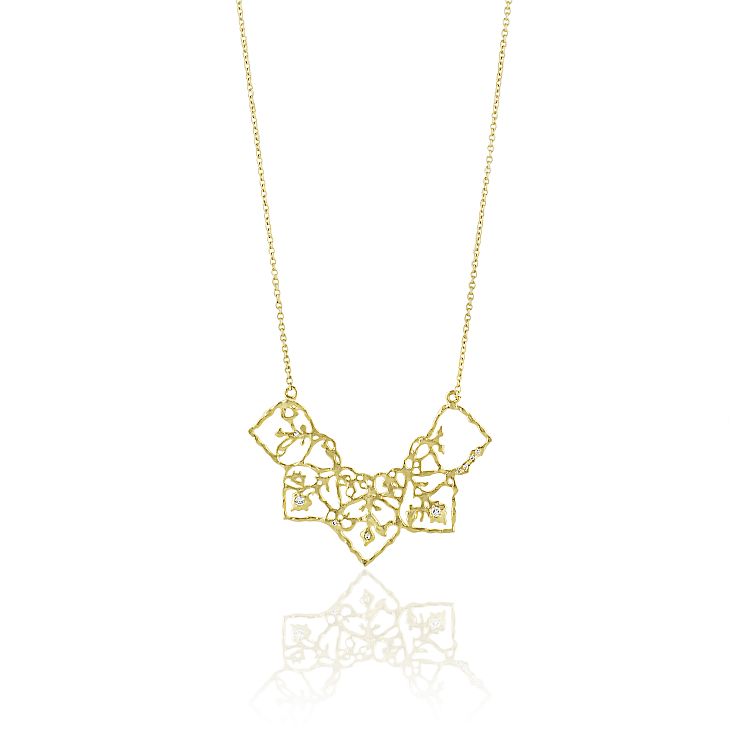
What about gemstones and diamonds? These can be harder to source, and as yet there is no strong independent certification process. However, there are specialist loose-gem suppliers, such as Nineteen48, which sources much of its stones from Sri Lanka because the country has a strong ethical record. Some diamond companies, such as De Beers’ Forevermark brand, ensure full traceability by laser-engraving their stones with serial numbers to track them through the supply chain.
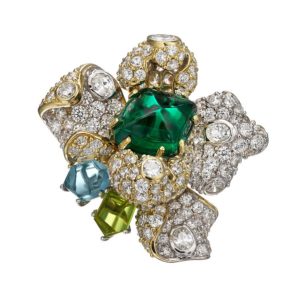
Beyond human rights
If you have wider environmental concerns about mining, not just human-rights worries, and want to skip that ethical minefield altogether, opt for brands such as Lillian von Trapp that use recycled metals and stones taken from old pieces of jewelry. Lab-grown gemstones, such as those used by Anabela Chan, can also be a more traceable alternative to traditional mined gems.
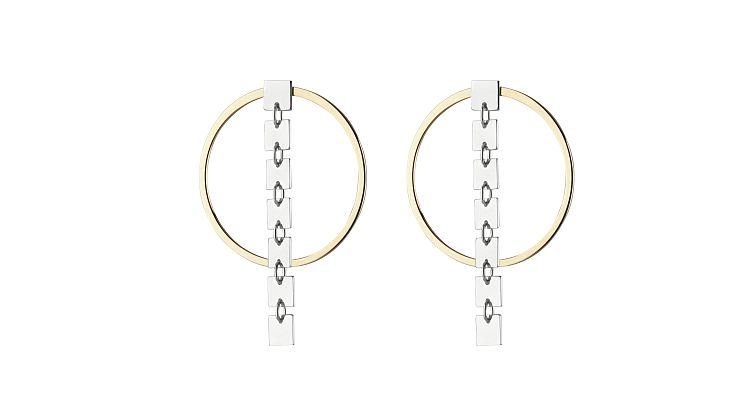
Who made my jewelry? Depending on your definition of ethical, there are also a number of brands out there devoted to effecting change not just with the materials they use but their workforce. For example, Eden Diodati partners with a cooperative of women who survived the genocide in Rwanda, while jeweler Pippa Small has been working with an artisan collective in Afghanistan for the past decade through Turquoise Mountain, a project set up to restore historic crafting hubs thwarted by war.
Ethics can come in various guises, and it can feel overwhelming at times to ensure you are buying responsibly, but the simplest, and most powerful, way to start is by asking these simple questions.
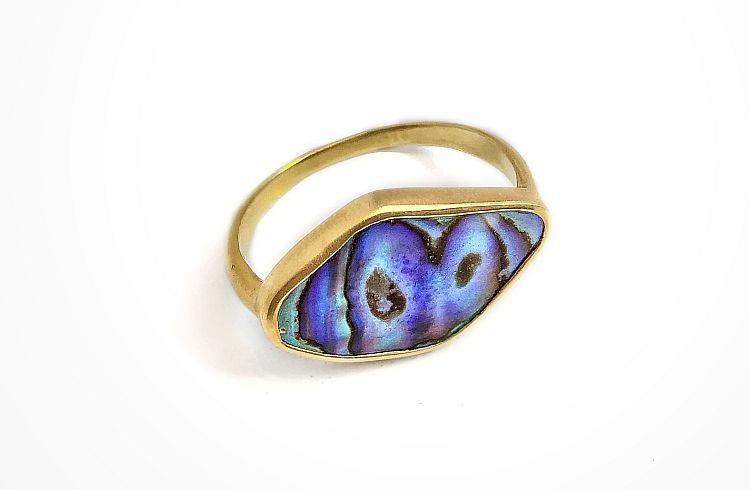
Main image: Eden Diodati Eze Torque choker with a 24-karat gold plating and decorated with AB Swarovski crystals.

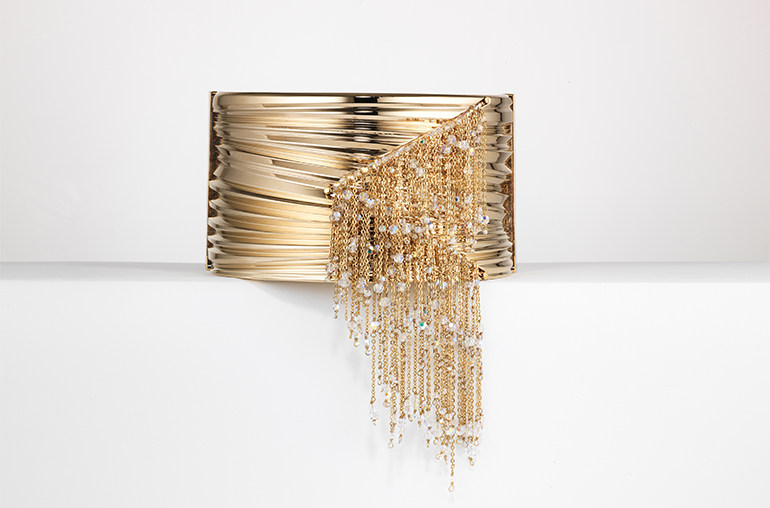
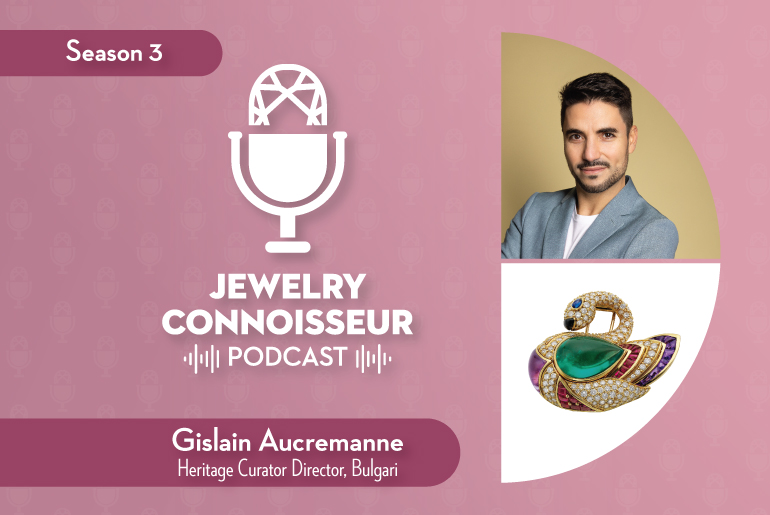
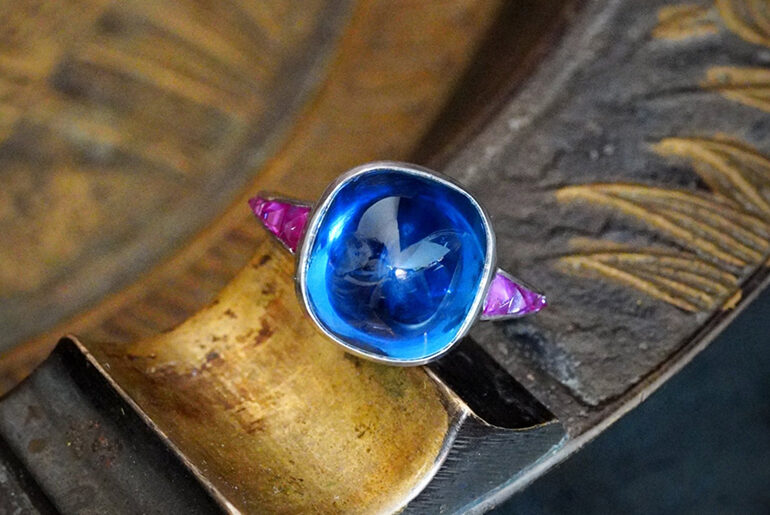
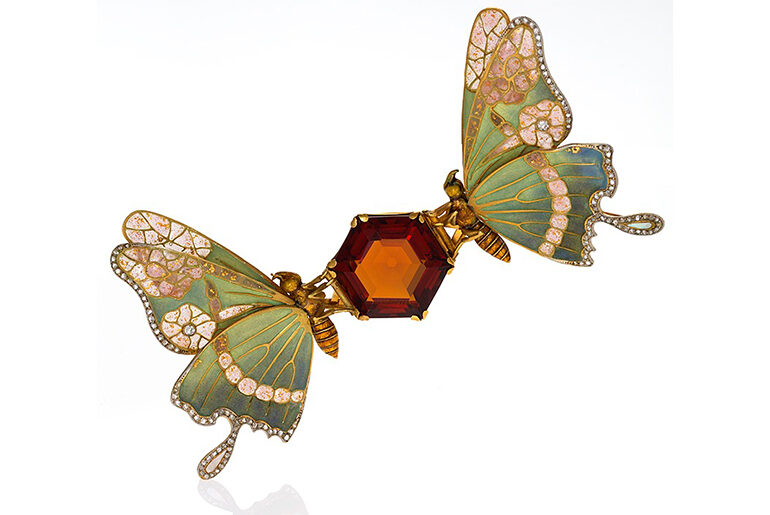
Comments are closed.